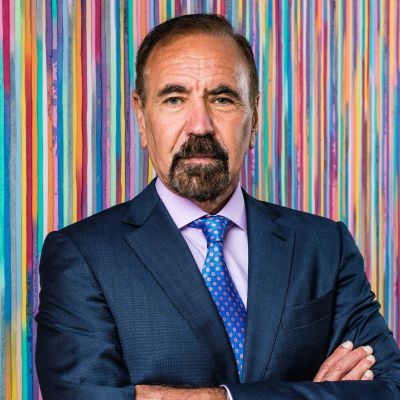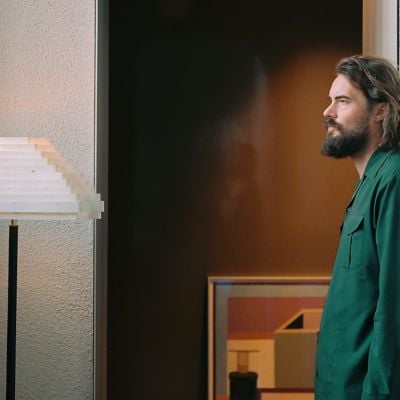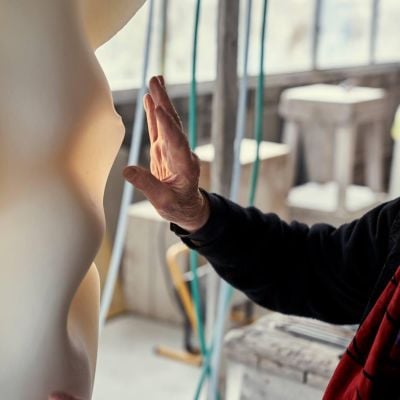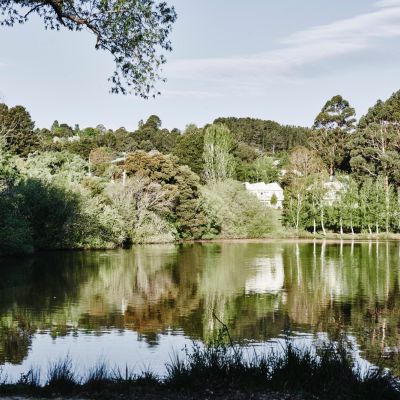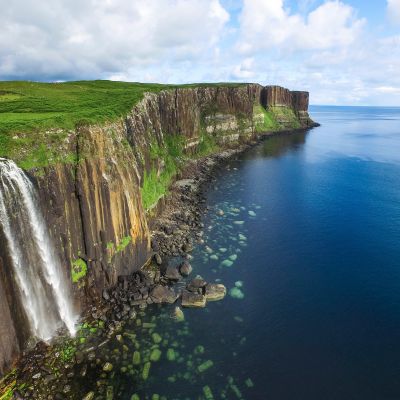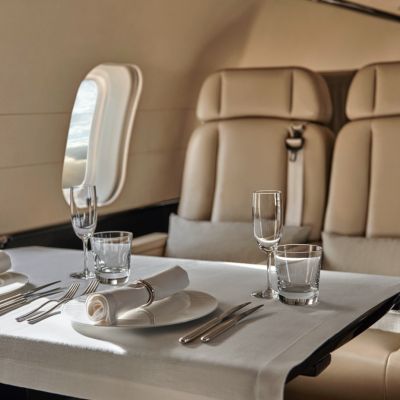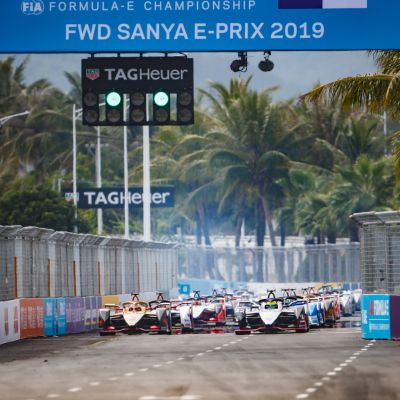Live to Give: Interview With William Heinecke
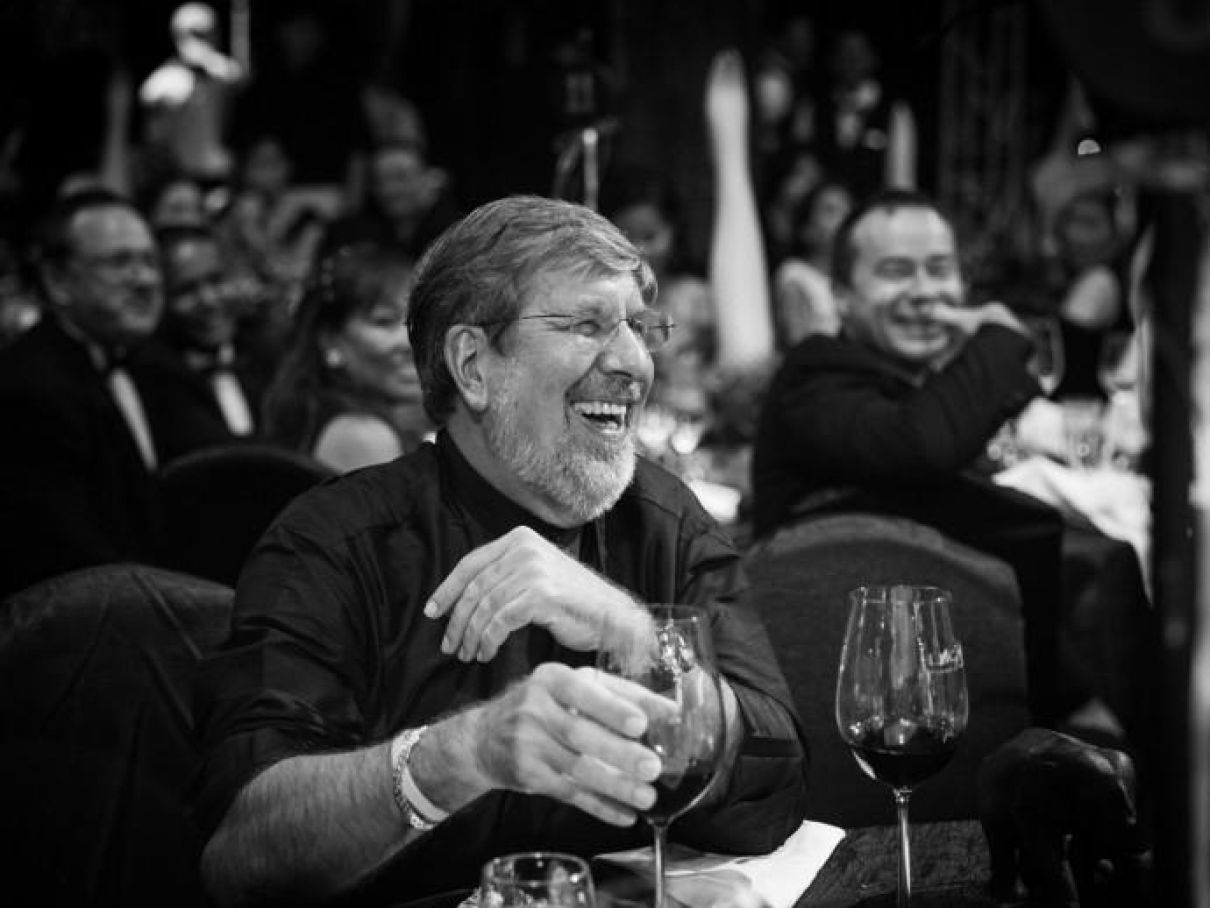
Billionaire William Heinecke prefers not to merely write cheques in the cause of his philanthropy. Rather, he looks for corporate social responsibility to be interwoven into the very fibres of his day-to-day business.
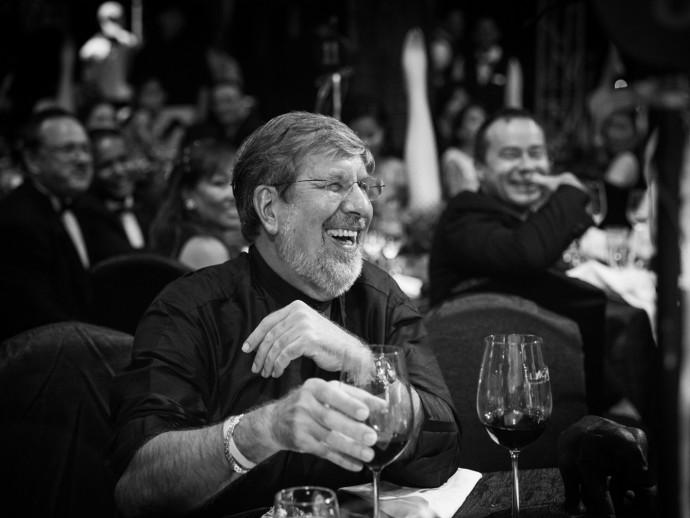
William Heinecke’s staff always look forward to his birthday. But he doesn’t throw a party or share a cake. Every year on 4 June, the US-born, Thailand-based billionaire gives his entire workforce the day off so they can spend it helping the community. “Whether they are painting a school or doing something for charity, this day is their gift to me,” he said.
This approach to philanthropy has become a stamp of Heinecke’s giving mantra. The Bangkok-based founder of publicly listed restaurant, hotel and retail operator, Minor International (MINT), does not just write cheques. He prefers corporate social responsibility to be interwoven into his day-to-day business.
Many of his philanthropic contributions have come from proceeds from a book he authored, The Entrepreneur: 25 Golden Rules for the Global Business Manager, which has been published in four different languages and had various reprints.
Elephant conservation is a major passion. “Since commercial logging was banned in 1989, elephants and their mahouts have been unemployed. Many were just roaming the streets and begging,” Heinecke explains. He founded the Golden Triangle Asian Elephant Foundation in 2001 as part of one of his hotels, the Anantara Hua Hin Resort & Spa, which he raises money for through the glamorous annual King’s Cup Elephant Polo match. To date, the competition has raised US$750,000 for the foundation.
His entrepreneurial approach to philanthropy may revert to writing cheques one day. When Heinecke feels his company is sustainable, he will join the Giving Pledge of Bill Gates and donate at least half of his wealth to charity. “It is my personal goal to give more away over the years to come as we owe this to future generations. Currently, I am very focused on ensuring the continued sustainability of the company — long-term business success so that we can ensure a bright future for all our stakeholders.”
What keeps him up at night? The thought of the direct and indirect impact he has on staff. “We employ 45,000 people. We say for every one employee we affect 10 lives, so that is a lot of responsibility.”
A recent leap in profits for MINT meant that Heinecke, who owns a third of the company, was propelled into billionaire territory for the first time. MINT now operates more than 1,400 restaurants, 250 retail trading outlets and more than 100 hotels in 27 countries from Australia to Africa. His most well-known business is the luxury Anantara Hotel Group, whose postcard-perfect resorts are beloved by VIPs and celebrities from R&B; star John Legend to footballer Cristiano Ronaldo and tennis champion Roger Federer.
One of the wealthiest expatriates in Southeast Asia today, Heinecke started out life as the son of a military foreign serviceman and a journalist. His family moved to Bangkok when he was 14 and two years later he had successfully introduced go-karting to Thailand. He persuaded the editor of Bangkok World to let him write a column on the subject, who agreed on condition that he secured advertisements to run alongside it.
Heinecke’s first venture proved so successful that at age 17 he took over from the paper’s advertising manager while still attending school. When he graduated a year later in 1967, he borrowed US$1,200 to register his first two companies under Minor Holdings (so called because his entrepreneurial career began at age 16): Inter-Asian Enterprise (which supplied office-cleaning services) and Inter-Asian Publicity (a radio advertising company).
Five decades on and Minor International is the largest listed hotel operator in Thailand, with big names, including the Anantara, AVANI, Oaks, Per AQUUM, Elewana, Four Seasons and Marriott. It also operates 1,200 restaurants in Asia.
Heinecke, who dropped his US passport to become a Thai citizen in 1991, says that despite his recent success he is still heavily involved in the businesses and works “what most people would call very long hours, maybe 12 hours a day”. His record profits have been steadily rebuilt after a difficult period when the tsunami struck Thailand in 2008 and many of his businesses were damaged or worse. His Anantara Royal Coco Palm Hotel in Phuket was completely destroyed and 12 members of staff lost their lives.
“It was devastating for everyone. We couldn’t bear to build another hotel on that site so we just deserted it and rebuilt elsewhere,” he says. Heinecke adds that the natural disaster heightened his awareness of the need for philanthropy and now he considers it a key part of his business model, although Heinecke keeps it low key. “I’m not a big self-promoter when it comes to philanthropy. The best types of philanthropy are not exposed to the public because if you are doing it to raise your profile it is for the wrong reasons.”
And what is his life philosophy? “I don’t do anything I don’t feel passionate about and enjoy immensely. My advice is don’t work for money or prestige, work for your passion. Then you will always be successful.”

